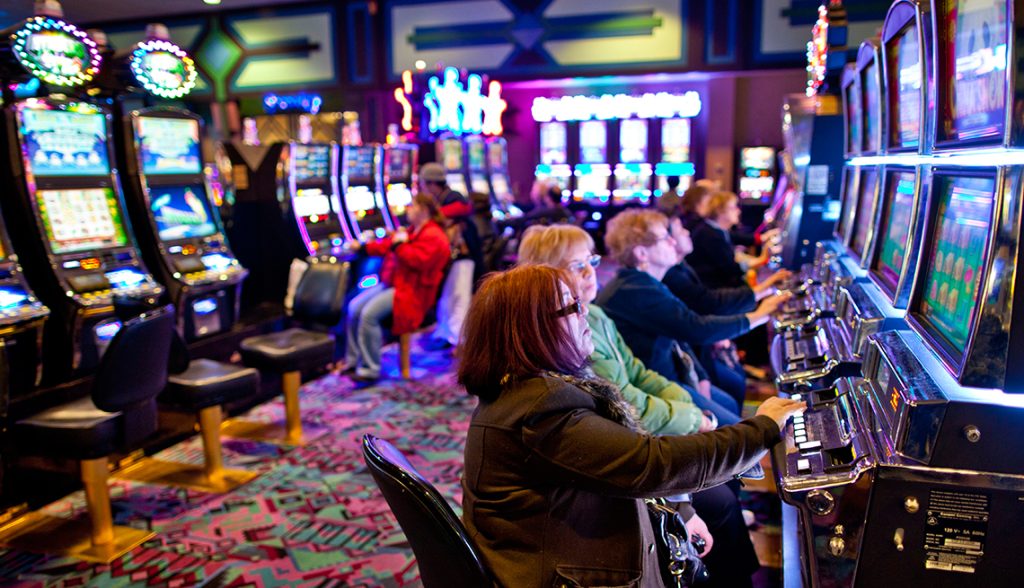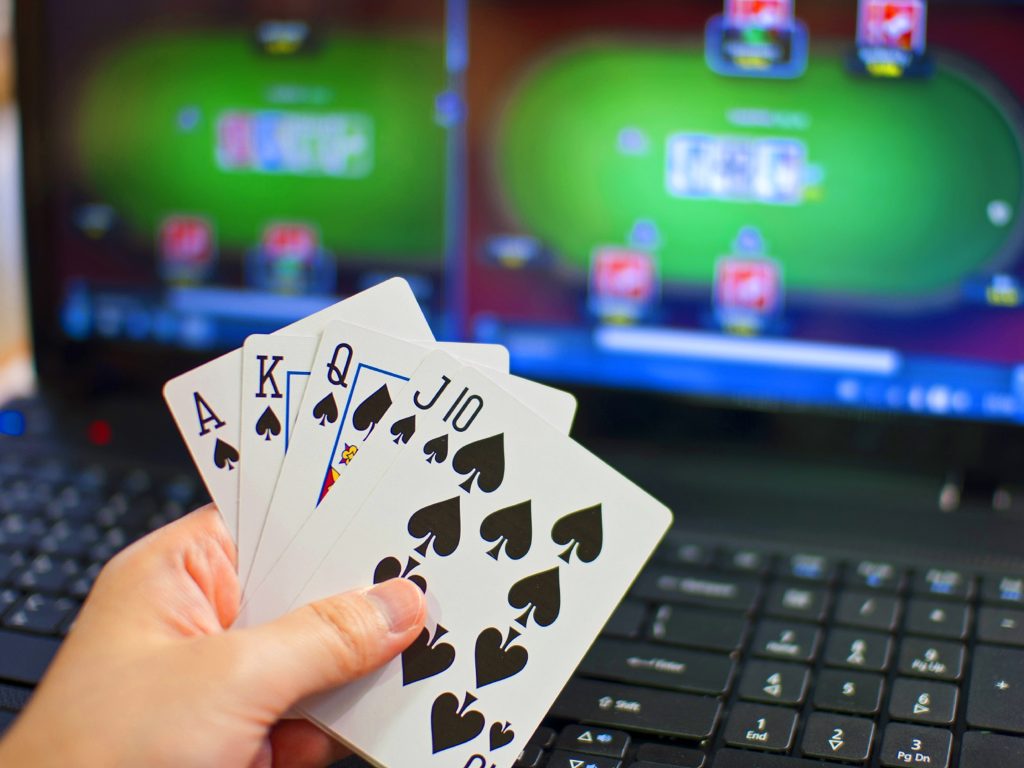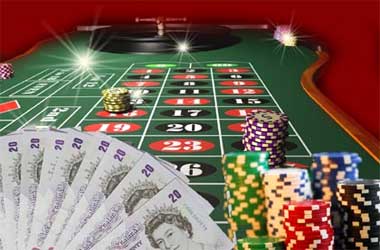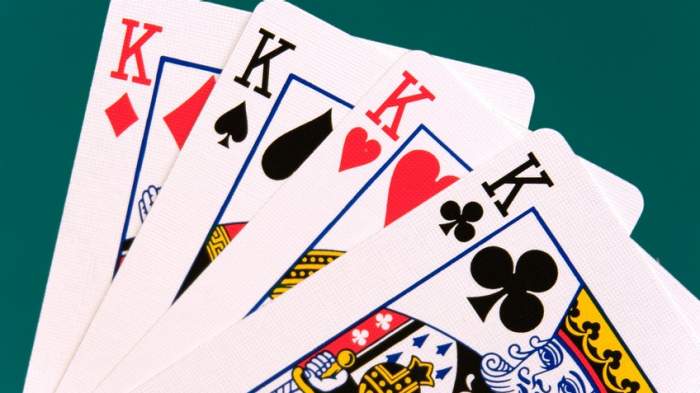Online casino experiences offer players a thrilling mix of excitement, strategy, and the chance to win big. Every session brings something new, from spinning reels to strategic card games, keeping players engaged and entertained. The unpredictability of outcomes adds a layer of suspense that makes every moment enjoyable. Players can explore different games, each offering unique features and opportunities for rewards. Whether trying a classic game or experimenting with innovative formats, online casinos create an immersive environment where excitement meets opportunity.
- Diverse Game Selection: Players can access a variety of games including slots, poker, roulette, and blackjack, each with distinct rules and chances to win.
- Convenience and Accessibility: Games are available anytime, allowing players to enjoy entertainment without strict schedules.
- Interactive Features: Many online games include bonuses, multipliers, and progressive jackpots that enhance the thrill of play.
Every spin, deal, or bet carries the potential for unexpected success. These moments often appear without warning, making the experience unpredictable and exciting. Online casinos provide tools and tutorials to help players understand game mechanics, which increases confidence and enjoyment while playing. Additionally, features like demo versions let users practice and refine strategies before betting real money.
- Instant Rewards: Quick results from games keep players engaged and allow immediate recognition of winning moments.
- Skill-Based Options: Certain games, like poker, let players use strategy to influence outcomes, adding an extra layer of satisfaction.
- Progressive Jackpots: Large cumulative prizes offer life-changing opportunities for lucky players.
The social aspect also enhances the experience. Many online platforms offer chat functions or multiplayer options, enabling players to interact, compete, and share tips. This builds a sense of community and shared excitement, making wins even more enjoyable. For new players, participating in beginner-friendly games or low-stake bets is a great way to understand gameplay while still having chances to win. Learn What Reddit users say about Lucky Rebel regarding promotions, fast payouts, crypto deposits, live games, and overall casino experience.
- Community Interaction: Multiplayer modes and chat features create social connections and shared excitement.
- Learning Opportunities: Tutorials, guides, and practice modes help players improve skills and strategies.
- Varied Betting Levels: Options for small or large bets cater to different preferences and risk levels.
Every visit to an online casino is different, providing fresh excitement with every game session. From the rush of landing a big win to the thrill of mastering a new game, the experience combines entertainment, challenge, and reward. Players can choose games that suit their style, whether they prefer chance-based games or those requiring skill.
- Customizable Experience: Players can select games that match their interests and risk preferences.
- Ongoing Excitement: New games and features keep the environment dynamic and engaging.
- Rewarding Moments: Unexpected wins and bonus rounds create memorable experiences.
Online casino experiences truly blend fun, strategy, and potential rewards. The combination of unique games, instant feedback, social interaction, and unpredictable winning moments makes every session memorable. For players seeking excitement, challenge, and the chance for surprise wins, online casinos deliver an unmatched entertainment experience.







